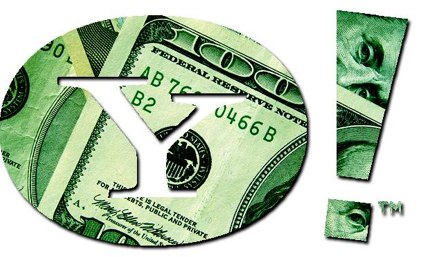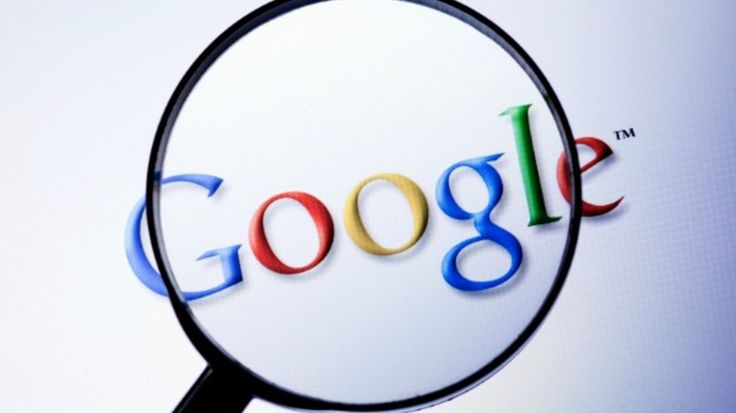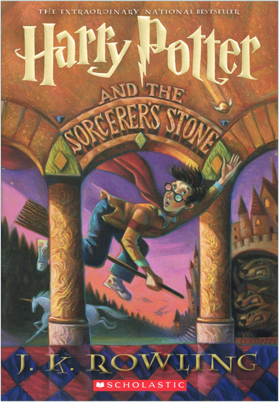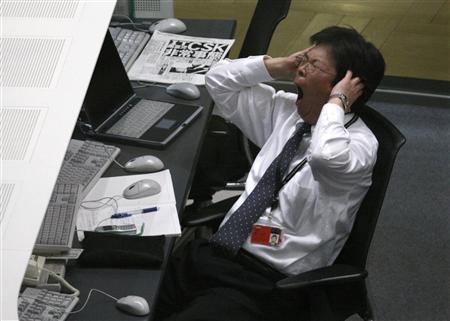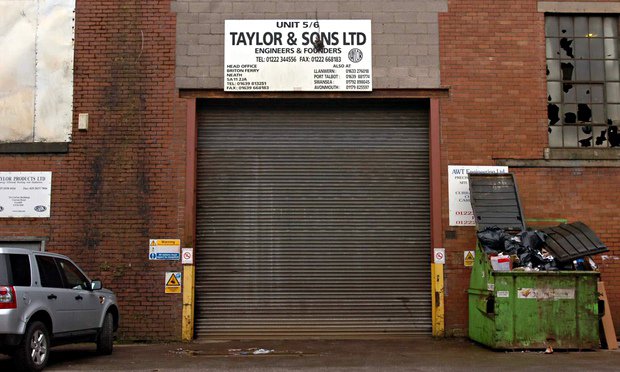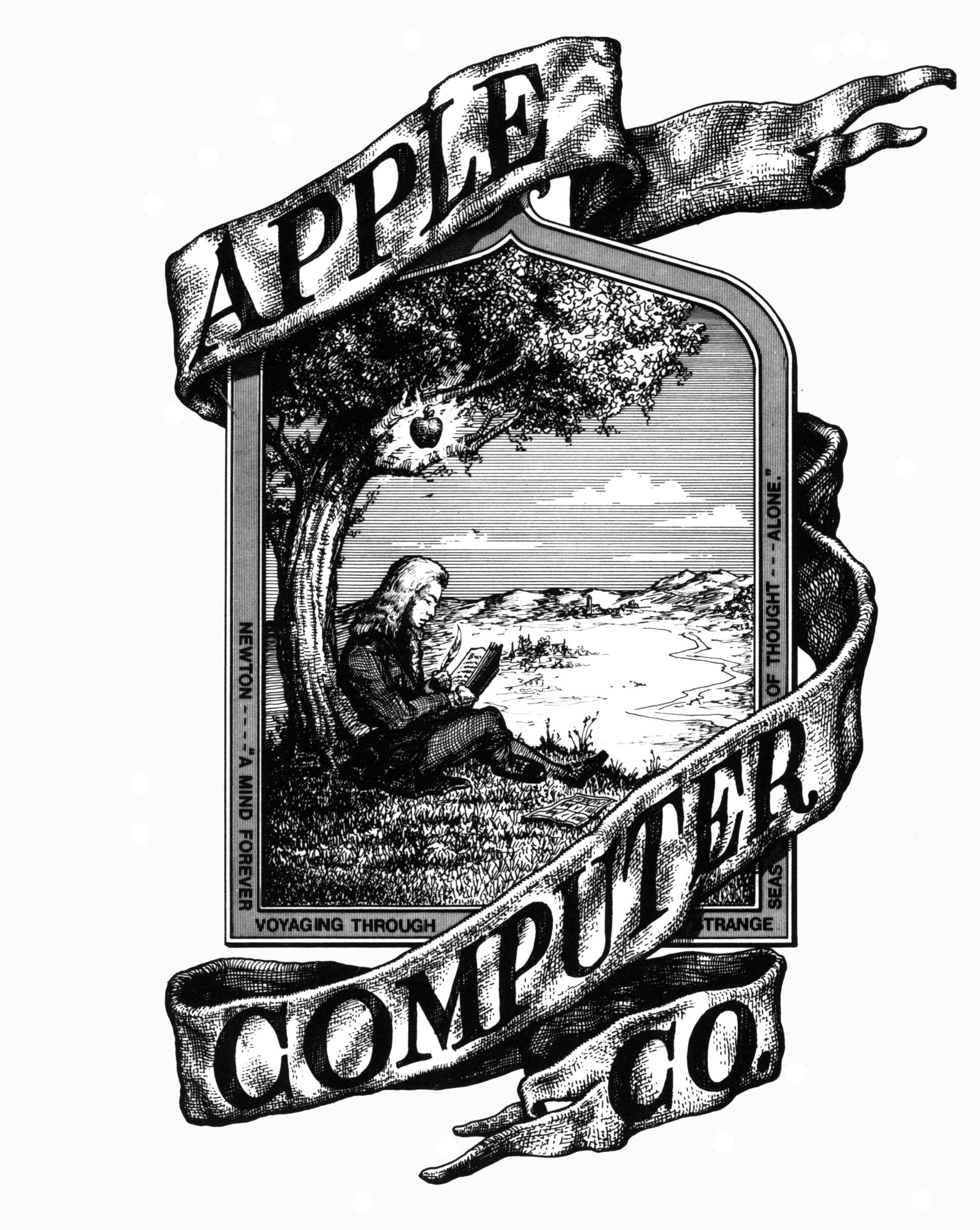7 Mistakes So Costly They Will Make You Feel Better About The Ones You Made
If you ever feel that you've made the worst decision of your life, just come back to read this again! We promise, you're going to feel a lot better.
1. When Yahoo! let go of the chance to buy Facebook and Google
Yahoo! not only passed up on the opportunity to buy Facebook for USD1.1 billion, the Internet search firm also passed up on the chance to buy Google for USD3 billion way back in the summer of 2002, two years before Google went public.
However on hindsight, had Yahoo! actually acted on those opportunities and bought the two giants, it might have ended up doing nothing with them. You never know!
2. When Excite passed on the offer to buy Google, especially when the search engine was willing to sell itself for under a million dollars
Back in the year 1999, Google tried to sell itself to Excite for a million dollars. Excite, one of the original Internet portals, rejected the offer. Vinod Khosla, the founder of Khosla Ventures, spoke with Google founders Larry Page and Sergey Brin and brought the bid down to USD750,000. Excite's CEO George Bell still rejected the offer.
As of today, Google's market cap stands at USD390 billion!
3. When Facebook rejected the future co-founder of WhatsApp
Facebook turned me down. It was a great opportunity to connect with some fantastic people. Looking forward to life's next adventure.
— Brian Acton (@brianacton) August 3, 2009
It was a costly mistake, one which cost Mark Zuckerberg USD19 billion!
Back in 2009, Brian Acton, whose role as a Vice President of Engineering of Yahoo! had come to an end, was looking for a job. He went to Facebook for an interview. He was tragically turned down. He went home, tweeted the rejection and went on with his life, and in the span of one month, he went on to co-found WhatsApp.
4. When a dozen publishers rejected Harry Potter
The Harry Potter series is one of the most lucrative ideas in the history of human civilisation. The movies alone have made nearly USD8 billion worldwide. Add in book sales and merchandising, and it's around USD25 billion. However, before that happened, 12 publishing houses had rejected J. K. Rowling's Harry Potter and the Sorcerer's Stone.
Bloomsbury, the publishing house which gave green light for printing the book did it because the eight-year-old daughter of Bloomsbury's chairman, who was given the first chapter to review by her father, immediately demanded the next.
5. When a blunder cost a Japanese company to lose USD341 million
In 2005, Japanese firm Mizuho Securities Co. lost 40.7 billion yen (roughly USD341 million) in one hour. Not by any stock market maneuvering, but by a terrible blunder by a trader who was supposed to sell 1 share of the company at 610,000 yen (roughly USD5100) each. He then went on to sell 610,000 shares of the company at 1 yen (USD0.0084) each. It most certainly did not help that Mizuho didn't even have 610,000 shares to sell at that point in time.
The Tokyo Stock Exchange (TSE) processed the offer regardless, and even though 3 traders appealed more than a hundred times to take back the offer, the TSE policy was that transactions could never be retracted.
Over the course of one trading hour, the Mizuho boardroom executives looked on in horror as their company hemorrhaged 40.7 billion yen before their eyes.
6. When a single typo cost the UK government £9 million
A one-letter typo by Companies House, a government agency that acts as the registrar for all companies in the UK, irreparably damaged a well-established 124-year-old family business.
In 2009, Companies House recorded information stating that 'Taylor & Sons Ltd' had been wound up. Following which, the business of 'Taylor & Sons Ltd' evaporated: its orders were cancelled, contracts were lost and credit from suppliers was withdrawn. The 124-year-old company subsequently went into administration, and was finally dissolved in 2014.
The problem was that Companies House had mistakenly stated that 'Taylor & Sons Ltd' had gone into liquidation. In fact, they had meant to say 'Taylor & Son Ltd', a completely different company, one that actually had closed down. The Independent reported Companies House had inserted a rogue 's' and the actual company that had gone into liquidation 6 years ago was based 200 miles away in Manchester.
Taylor & Sons Ltd then sued Companies House and won. On 28 January 2015, the British High Court found the government liable for the demise of the business, which could leave taxpayers with a £9 million (USD13.6 million) legal bill.
7. When the guy who co-founded Apple Computer sold his stake in the company for USD800. It was he who drew the first Apple logo, and also wrote the Apple I manual, the original Apple Computer.
His name is Ronald Gerald Wayne, a retired American electronics industry worker. He co-founded Apple Computer (now Apple Inc.) with Steve Wozniak and Steve Jobs, providing administrative oversight for the new venture. Wayne received a 10% stake in Apple but relinquished his stock for US$800 less than two weeks later.
In 2011, his 10% stake was valued at more than USD35 billion!
